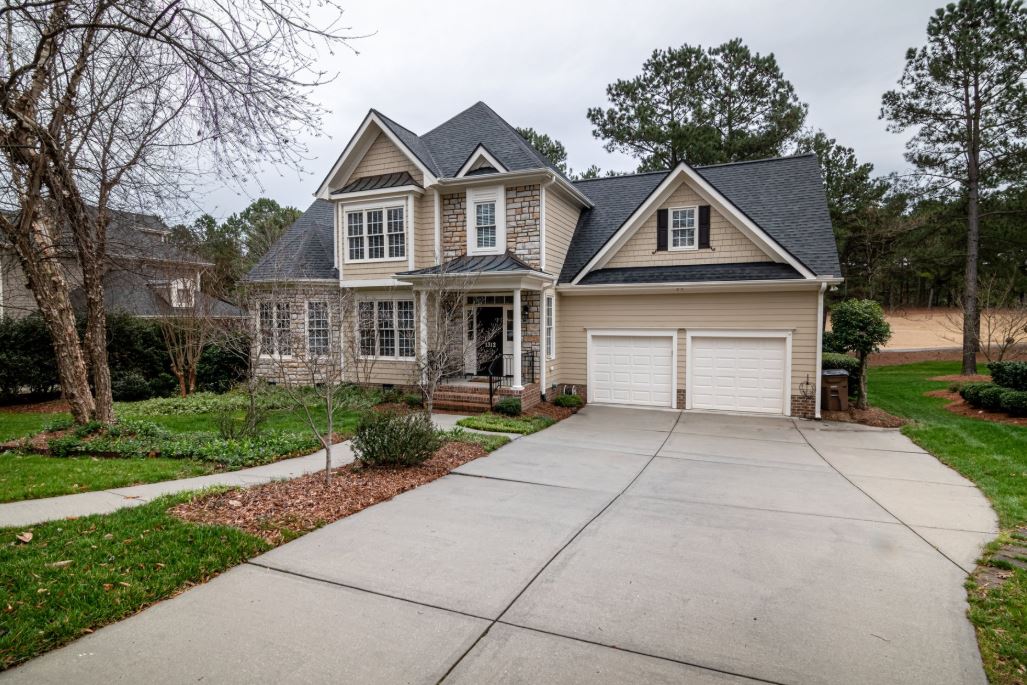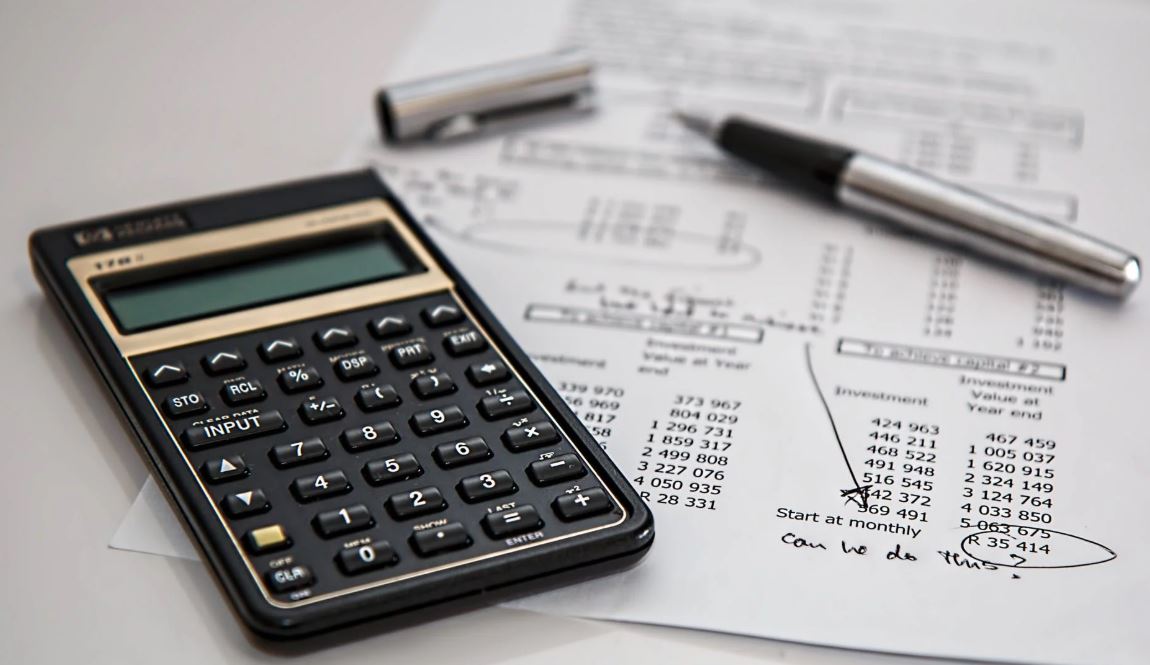 If there is one investment known for its high returns and safety, it’s rental properties and real estate, in general. While it may seem easy on paper, there is a lot of strategizing that needs to be done before you go out there and buy your first rental property. For those who are still weighing their options, we created a guide that includes the most important things to consider before investing in this market.
If there is one investment known for its high returns and safety, it’s rental properties and real estate, in general. While it may seem easy on paper, there is a lot of strategizing that needs to be done before you go out there and buy your first rental property. For those who are still weighing their options, we created a guide that includes the most important things to consider before investing in this market.
Income Assessment
Since the main reason you’re investing in rental properties is obtaining revenue, you need to assess the kind of revenue you can expect with every property you buy. You should research the area you’re going to buy the property in to know the average rental prices of the location and accurately calculate the annual gross income you could get from the property. The 1% rule is commonly referred to as a good determinant or indicator to know whether the investment is worth it or not. It states that the monthly gross income should be of equal or higher value than 1% of the total price of the property.
It’s important to note that the 1% rule doesn’t apply to every property you invest in. Some properties may seem like they are not worth much, only to resurge dramatically at a great value. On the other hand, some properties may look like they check all the boxes but turn out to be quite disappointing in terms of potential income value.
Breaking Down the Expenses
The gross income isn’t the net profit that you get to take home; it includes many expenses that may cause you to change your mind about investing in a certain rental property. Another helpful rule is the 50% rule. It claims that you should expect your expenses to reach 50% of the annual gross income you get out of the property. For a more detailed breakdown, you should consider the estimates of both operation and capital expenses.
 On the one hand, operation expenses include costs that you have to pay more than once like annual property tax, insurance, maintenance, and other similar forms of expenses. It also includes property management and vacancy losses. So, you might want to arm yourself with a versatile property management tool to accurately keep track of your expenses. A lot of professionals use similar software to calculate and categorize various property management costs. Capital expenditures, on the other hand, are usually one-time expenses that can come up from unexpected damages like malfunctioning appliances or plumbing repairs.
On the one hand, operation expenses include costs that you have to pay more than once like annual property tax, insurance, maintenance, and other similar forms of expenses. It also includes property management and vacancy losses. So, you might want to arm yourself with a versatile property management tool to accurately keep track of your expenses. A lot of professionals use similar software to calculate and categorize various property management costs. Capital expenditures, on the other hand, are usually one-time expenses that can come up from unexpected damages like malfunctioning appliances or plumbing repairs.
Getting that Down Payment
Investing in rental properties is a bit different from buying properties for personal use; you’ll be faced with a few extra obstacles. The down payment you need to put on a rental property usually equals 20% of the total cost of the property so, try to make sure that you’re comfortable with paying or financing a down payment by weighing all your options before doing so.
The passive income generated from rentals can provide you with a lush lifestyle for years to come without having to worry about anything except expanding your investments. Losses can set you back quite a bit because there can possibly be hundreds of thousands of dollars at stake, so make sure you do your homework before investing.
_____________________________________________________________
Interesting related article: “What does rent mean?“

